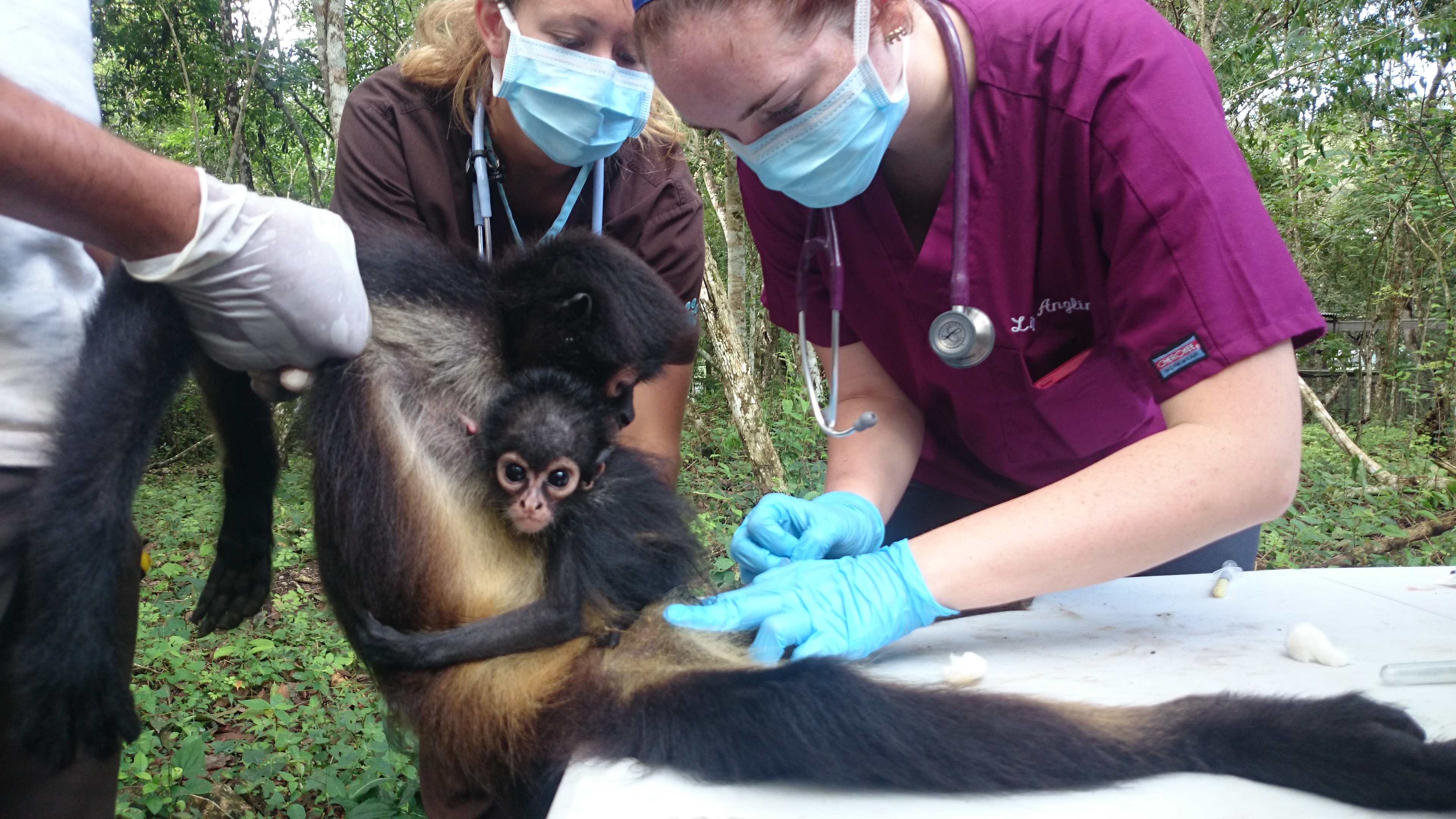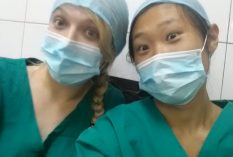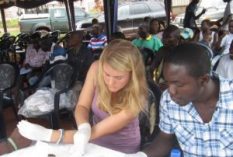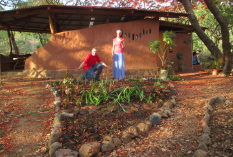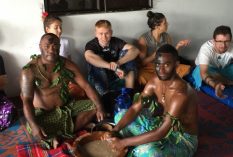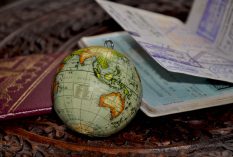Across the Western world, a sense of discontent is spreading and an unsettling climate of fear and disillusionment is present. Economic instability, an ever-increasing pace of life and seismic political movements and changes in Great Britain, the rest of Europe, the US and the Middle East are contributing factors. The result is that often, fear is uniting us more than hope, feeding off social separation and generational differences. And technology, with all its incredible uses and potential, is relentlessly and openly pushing us forward into a future that many of us are uncertain of. Many are wondering: is this the end of the liberal world order?
Shaping our world
Travel and globalisation have been major factors in allowing elements of intangible but forceful fear to spread. But it is a phenomenon, which has been around and helped shape our world, long before we came up with a term for it. Movement of people has been present since the beginning of time and after the atrocities of the first half of the 20th century, globalisation seemed very appealing with its promises of openness, collaboration, freedom and international opportunities.
Paradoxically, it is that very notion which makes many people sceptical towards immigration, migration and international movement in general. Those in society who may not have so many opportunities perceive the opportunities that are up for grabs to the mobile and highly educated classes as unattainable. And to top it all, the divide between generations is widening, with the eldest increasingly voting for agendas promising a return to the perceived ‘golden age’ of their youth. It is generally the young who believe more strongly in mobility and openness of economies and people – and are equally open to new ideas.
Yet globalisation is more than just economics and politics. However intangible, it has a strong effect on local cultures as well as the so-called mainstream culture. We are no longer discussing whether it will give rise to a global, homogenised culture because it’s becoming clear we’re facing a kind of hybridisation of cultures. We are less erasing cultures and instead appropriating elements from one to another and vice versa. With the rapid development of technologies and the Internet, a new global workplace has emerged which favours those who are able to gain new skills and knowledge fast, who are educated, mobile, connected and cosmopolitan. Those who don’t fit into this description are quickly left behind. And in steps anger, fear and discontent.
Globalisation is the solution
Beyond all these macro trends are the beliefs and personal experiences of actual, everyday people who embody what globalisation means in practice. Anyone who has encountered and explored different cultures through travel and work has sought to gain new knowledge. It’s clear the younger generations make them more likely beneficiaries of globalisation. They are the agents of change and bearers of hope.
It’s my belief, one which is being tested sharply in today’s global environment, that by collectively learning, knowing more, understanding more, over time society can do better.
I also believe the best way to encourage and nurture an open mind-set in people – of all generations – is to provide opportunities for crossing borders in a meaningful way, exploring new cultures and interacting with people different from ourselves. It’s why I founded Global Nomadic, after my own travels and overseas work opened my eyes to contributing in new places and created a desire to better provide the same opportunities to others. By embarking on a challenging adventure, such as a professionally-organised internship or volunteer placement abroad, young people today are doing more than stepping out of their comfort zone – they’re experiencing globalisation to the fullest. Most importantly, they’re contributing to the existence of an open, interconnected world, where progress is made from human interaction and shared insights, helping to overcome fear equally in the one and in the many.
Fear is also present in our volunteerism and NGO sectors. Many articles have been written over the last 10 years about the dangers of irresponsible ‘voluntourism’, or about white Westerners with a saviour complex who are hiding behind humanitarianism. These articles highlight a growing problem, which I don’t think we should or can ignore. But people aren’t perfect – they get things wrong or are misguided. It doesn’t follow that the mistakes or misintentions of the few should stop the many exploring the world, other cultures and other values, and want to contribute. To stay connected with the world is precisely what Global Nomadic is encouraging. I see globalisation as a positive force when used to promote openness, meaningful improvements and knowledge. And so it follows that I see professional, authentic internships and volunteering as a critical stage in developing anyone’s mind, not a badge for the CV.
This week we relaunched our website as a ground-breaking marketplace model. Unlike the traditional agency-based model, the new platform simplifies the process of finding and securing quality, professional international internships. Through it, we’re renewing our purpose to empower change by connecting people. We want to build a better world and encourage a truly global mind-set by people who work together for the benefit of their shared interests.
I believe it’s through travel and openness that we can face and overcome the various fears inside us that are fuelling economic protectionism, political isolationism and cultural short-sightedness. One person at a time, one step at a time, we can all make a difference and ensure that we lead our world in the right direction.
This article was originally published on The Huffington Post.
Struggling to find the right internship placement? Check out the 50+ Professional Internships, Volunteer Projects and TEFL Programmes that Global Nomadic offers in 30 countries worldwide. Travel your career – apply today!

